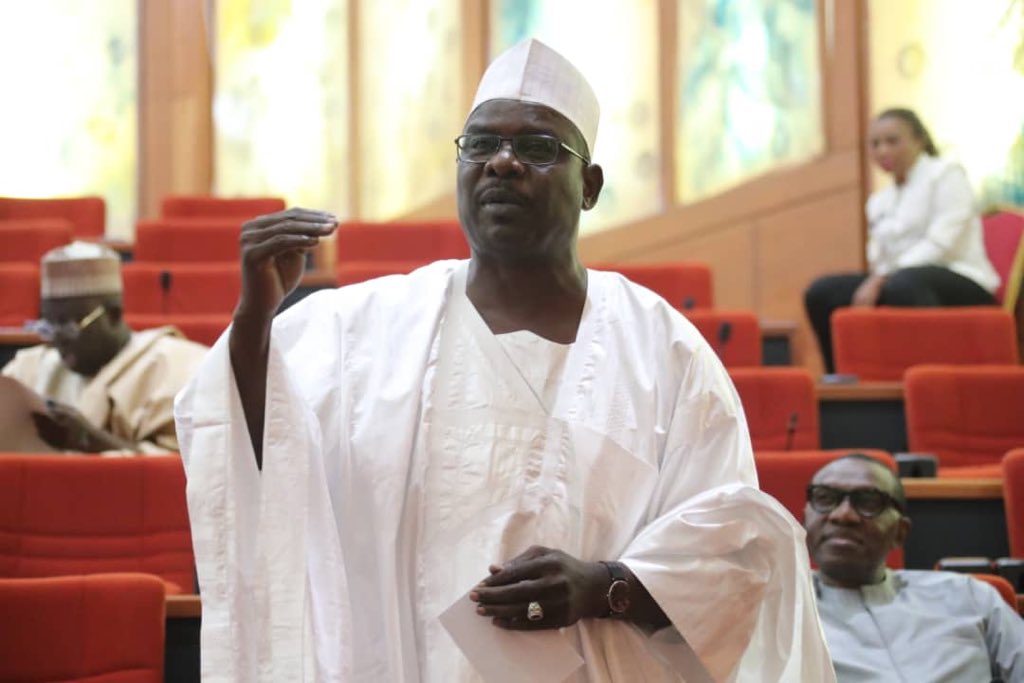There are no products in your shopping cart.
| 0 Items | £0.00 |


SENATOR Ali Ndume the chief whip of Nigeria's senate has lampooned suggestions that corruption is just a matter for the elite pointing out that it is indeed people-driven as politicians who steal state funds share it with members of the public.
Corruption has been one of the banes of Nigeria since independence and successive governments have been unable to get to grips with the problem. In the past, there have been calls for the death penalty to be introduced as a deterrent but this has not been followed up due to human rights concerns and fears that it could be used to persecute political opponents.
Speaking yesterday featured on the Channels TV programme Politics Today on the death penalty for those caught with drugs, Senator Ndume explained the difference between corruption by politicians and other people. He said corruption in Nigerian politics is people-driven and should not warrant any serious punishment as politicians steal and share with the people.
Senator Ndume said: “If you compare us, politicians, to all the corruption, it is very small. Our corruption is people-driven. If you steal it, you will go and share it with the people. If you don’t, you are not coming back for four years. There is no reason for stealing.
“I have been to the National Assembly, I can’t say because we are on TV now that I will not tell the truth. If the death penalty is supposed to be included in corruption, I will support it but you don’t go and kill someone that stole N1m or N1bn, no, but someone who steals N1trn of government money should be killed.
“The death penalty is the best deterrent for those being caught for drugs because if you do drugs, you are killing people. In fact, that means you have destroyed the lives of so many people and killed so many people.”
Recently, the Senate passed a bill, the National Drug Law Enforcement Agency Act (Amendment Bill) 2024. It prescribed the death penalty for persons found guilty of trading in hard drugs and narcotics.
This has, however, been debated and faulted by many stakeholders on whether or not President Bola Tinubu should accent the bill, with legal practitioners expressing different opinions. Some of them urged President Bola Tinubu not to assent to the bill, while others pressed for it to be signed into law.